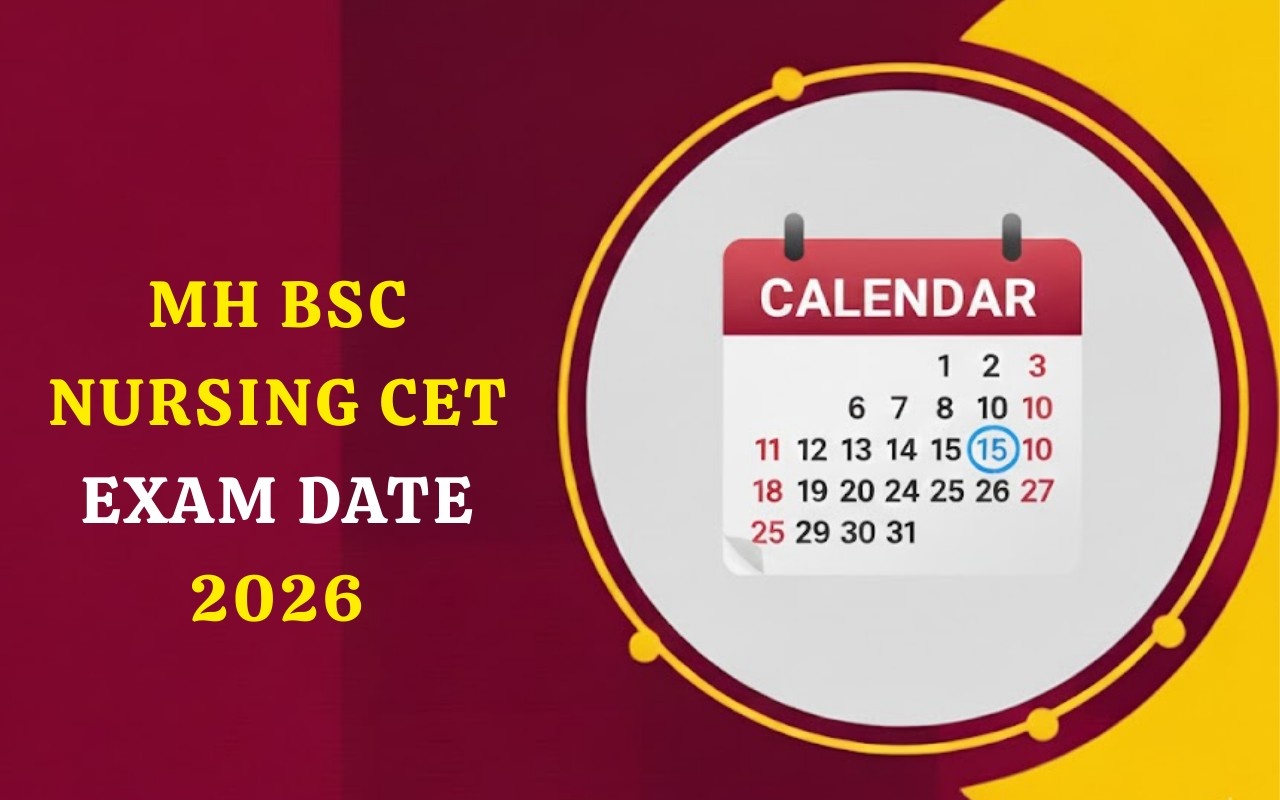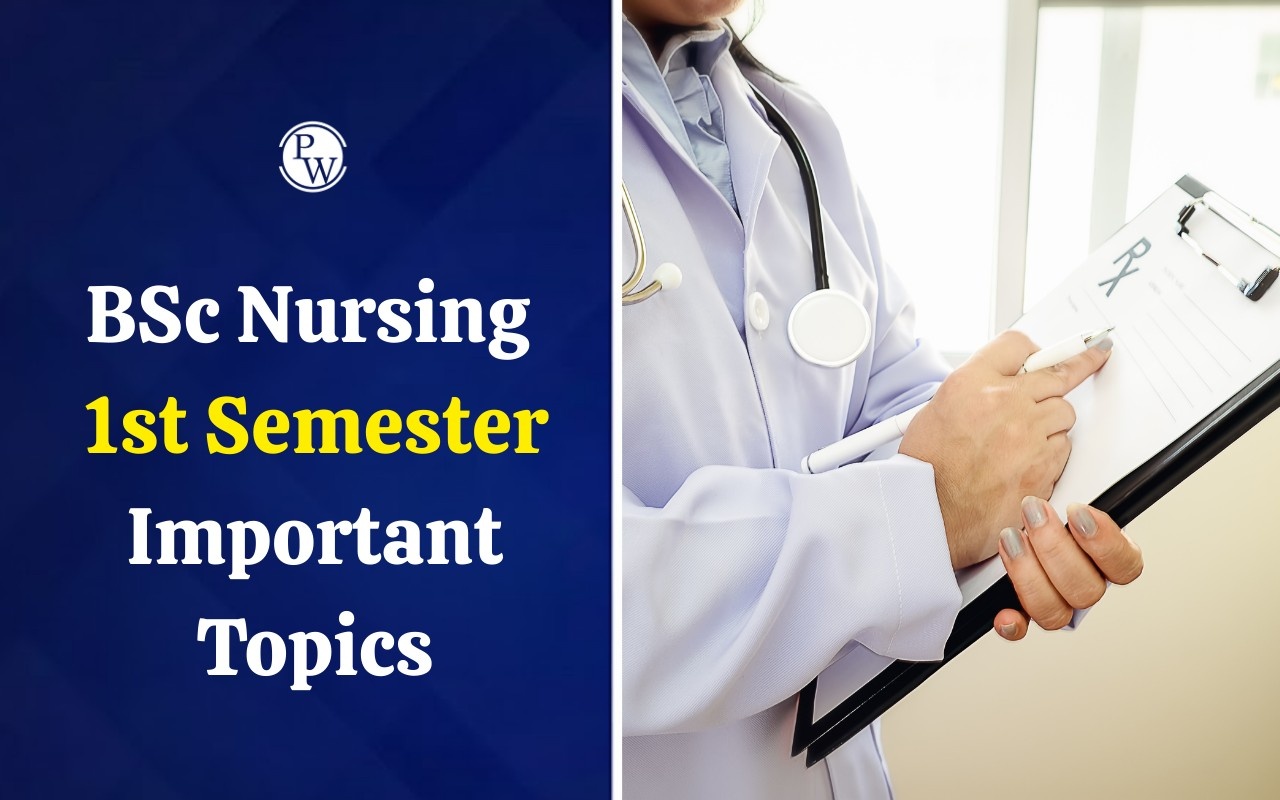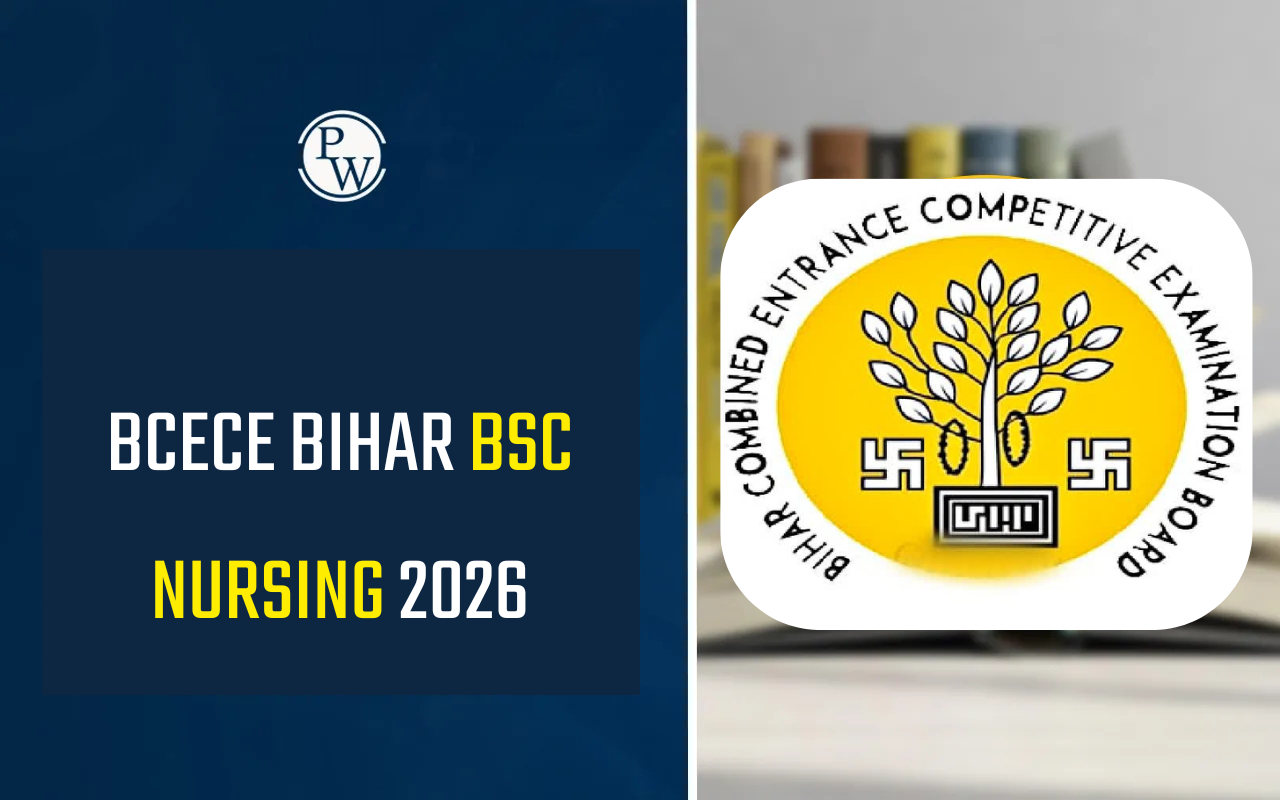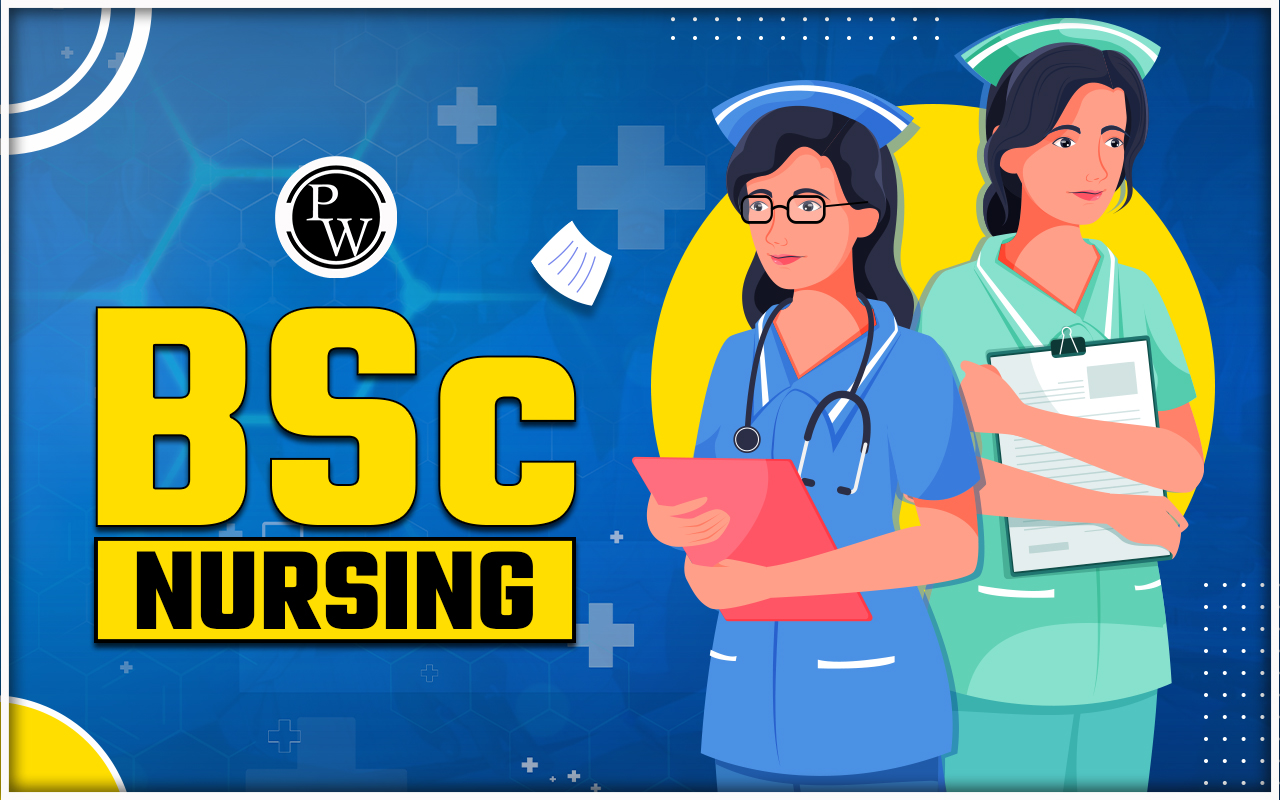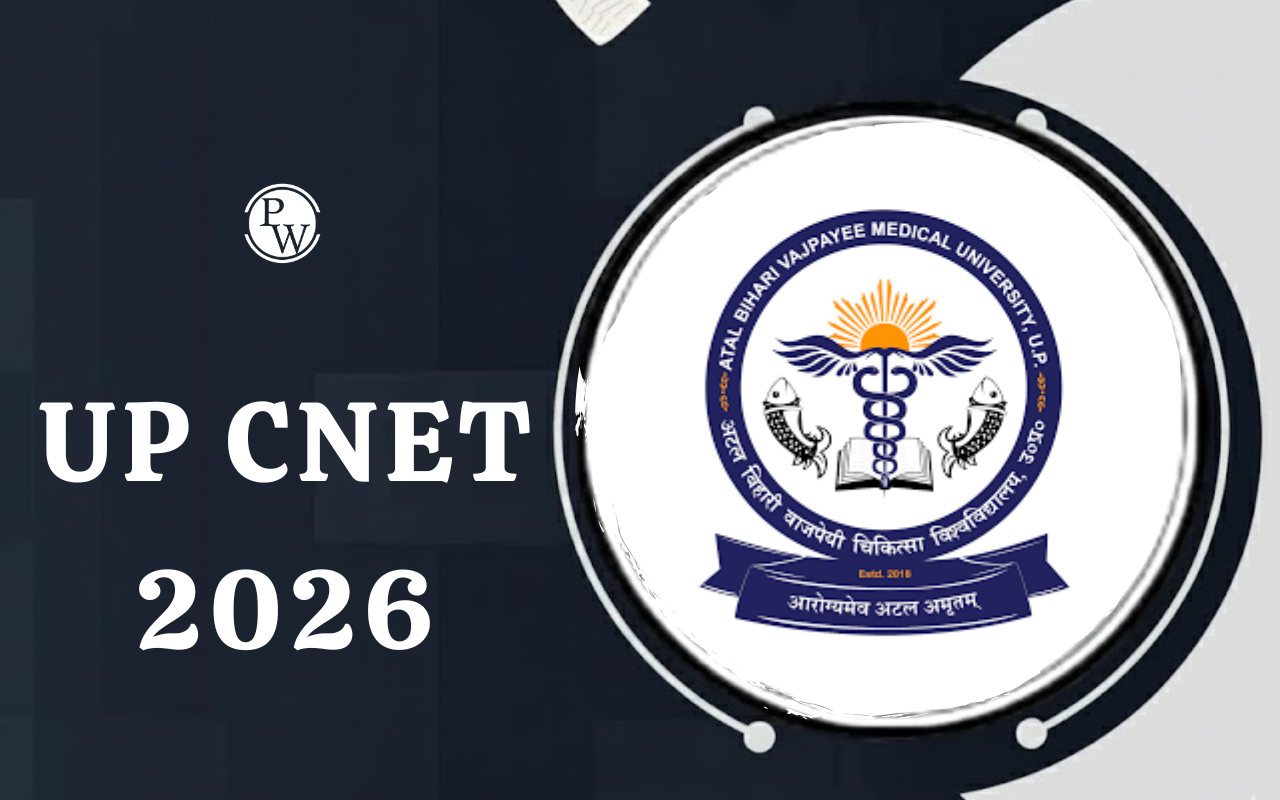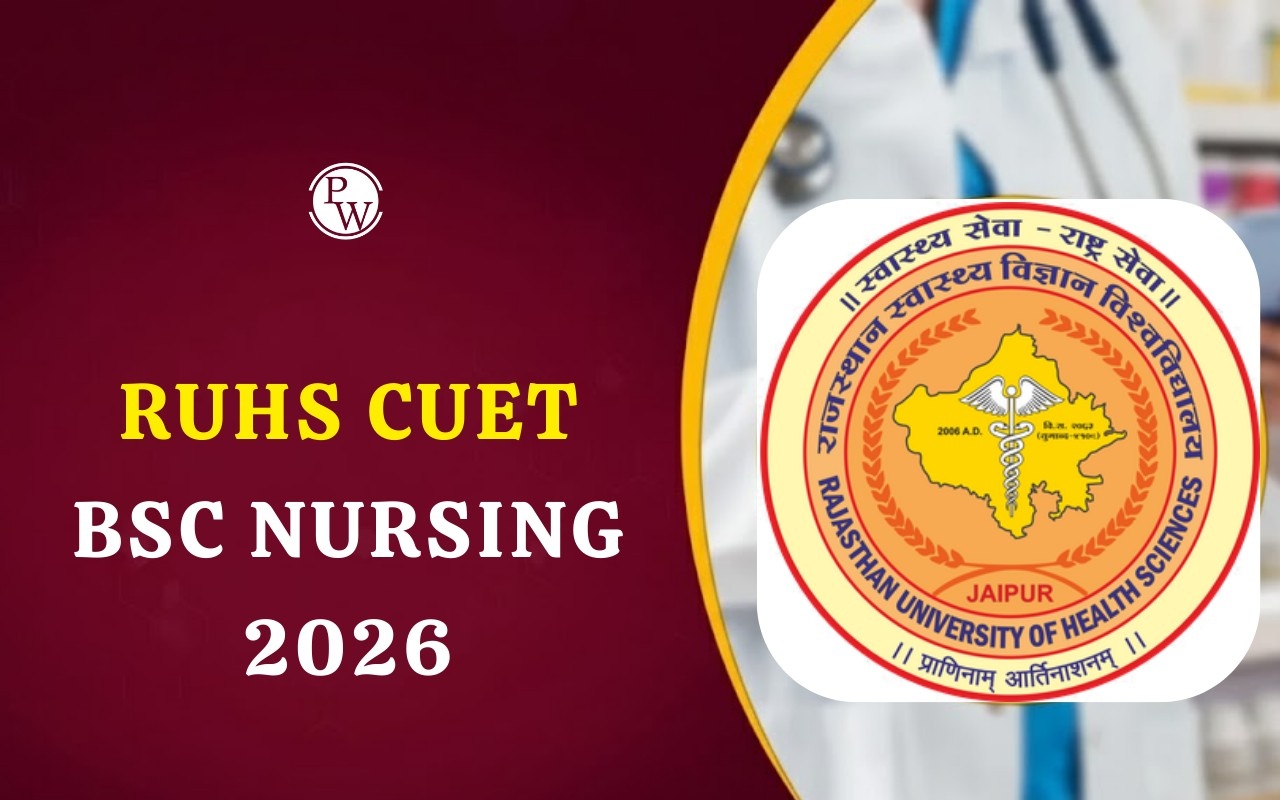
BSc Nursing Semester-II Syllabus for 2025 (Revised) By INC : The BSc Nursing Semester-II Syllabus 2025 By INC provides a detailed structure for nursing education, with a focus on subjects like Applied Biochemistry , Applied Nutrition and Dietetics , Nursing Foundations II , and Introduction to Community Health Nursing . It allocates specific hours for theory, lab, and clinical practice, ensuring a well-rounded nursing education. The syllabus also outlines the exam scheme, detailing marks distribution for internal assessments and final exams. Key topics emphasize advanced nursing skills, patient care, biochemical processes, and community health engagement. Overall, it prepares students for essential roles in healthcare, integrating both theoretical and practical knowledge.
BSc Nursing Counselling 2024
BSc Nursing Semester-II Syllabus 2025 By INC Overview
The BSc Nursing Semester-II Syllabus for 2025 focuses on four key subjects: Applied Biochemistry, Applied Nutrition and Dietetics, Nursing Foundations II (including a First Aid module), and Introduction to Community Health Nursing. These courses aim to deepen students' understanding of biochemical processes, nutritional needs, patient care, and community health dynamics. The integration of theory and practical application is emphasized throughout this semester.BSc Nursing Semester-II Syllabus 2025 Theory and Practical Hours
| BSc Nursing Semester-II Syllabus 2025 Theory and Practical Hours | |||||
| Subject | Theory Hours | Lab Hours | Clinical Hours | Total Hours | Key Topics |
| Applied Biochemistry | 20 | - | - | 20 | Biochemical processes, metabolism, clinical relevance |
| Applied Nutrition and Dietetics | 40 | - | 40 | Nutritional assessment, diet planning, food safety | |
| Nursing Foundations II | 120 | 120 | 320 | 560 | Advanced nursing procedures, First Aid, patient safety |
| Introduction to Community Health Nursing Self Study and Co-curricular | 40 20+20 | - | 80 | 120 40 | Community health principles, health care policies, environmental factors |
BSc Nursing Semester-II Syllabus 2025 Marks Distribution (Revised as per INC Guidelines)
The BSc Nursing Semester-II Syllabus 2025 outlines the marks distribution for various assessments, including internal evaluations and end-semester exams. This section provides detailed information on the exam scheme, including mark allocations and durations for each course.| BSc Nursing Semester-II Syllabus 2025 Marks Distribution | ||||||
| S.No | Course | Internal Assessment (Marks) | End Semester College Exam (Marks) | End Semester University Exam (Marks) | Exam Duration (Hours) | Total Marks |
| 1 | Applied Biochemistry and applied Nutrition & Dietetics | 25 | - | 75 | 3 | 100 |
| 2 | Nursing Foundations II | 25 I Sem-25 & II Sem-25 (with average of both) | - | 75 | 3 | 100 |
| 3 | Introduction to Community Health Nursing | 25 | 25 | - | 1 | 100 |
| 4 | Nursing Foundations (I & II) (Practical) | 50 I Sem-25 & II Sem-25 | - | 50 | - | 100 |
BSc Nursing Semester-II Syllabus 2025 Key Topics
The BSc Nursing Semester-II Syllabus 2025 highlights the key topics that are integral to the nursing curriculum designed by INC. This section provides an overview of the specific areas of study for each subject, emphasizing essential knowledge and skills for nursing practice. The following table summarizes the key topics and their descriptions, ensuring a comprehensive understanding of the course content.| BSc Nursing Semester-II Syllabus 2025 Key Topics | |
| Subject | Key Topics and Descriptions |
| Applied Biochemistry | Focuses on the biochemical processes that influence human health, including metabolism, enzyme function, and the clinical implications of biochemical tests. |
| Applied Nutrition and Dietetics | Covers nutritional assessment methods, dietary planning for various health conditions, and the role of nutrition in health promotion and disease prevention. |
| Nursing Foundations II | Emphasizes advanced nursing skills, including hygiene, infection control, patient safety, and an in-depth First Aid module covering emergency response techniques. |
| Introduction to Community Health Nursing | Discusses community health principles, healthcare policies, environmental impacts on health, and strategies for effective health promotion in community settings. |
Self-Study and Co-Curricular Activities
The semester also encourages self-study and co-curricular activities to enhance learning and personal development. These may include:- Workshops and Seminars : Participation in events to gain insights into specialized nursing areas.
- Community Engagement : Involvement in local health initiatives to apply theoretical knowledge practically.
- Research Projects : Opportunities for independent research to develop critical thinking and analytical skills.
BSc Nursing Semester-II Syllabus 2025 Applied Biochemistry
The BSc Nursing Semester-II Syllabus 2025 for Applied Biochemistry provides a comprehensive overview of essential biochemical concepts created by INC. This section outlines key units, focusing on carbohydrates, lipids, proteins, enzymes, and acid-base balance, highlighting their significance in nursing practice.| BSc Nursing Semester-II Syllabus 2025 Applied Biochemistry | |
|---|---|
| Unit | Content |
| I | Carbohydrates: Digestion, absorption, metabolism, blood glucose regulation, diabetes, hypoglycemia. |
| II | Lipids: Fatty acids, digestion, absorption, metabolism, lipid profile, atherosclerosis. |
| III | Proteins: Digestion, absorption, metabolism, urea cycle, clinical significance of amino acid metabolism. |
| IV | Enzymes: Definition, classification, factors affecting enzyme activity, enzyme tests in clinical diagnostics. |
| V | Acid-base balance: Mechanisms, disorders, clinical relevance of acidosis and alkalosis. |
BSc Nursing Semester-II Syllabus 2025 Applied Nutrition and Dietetics
The BSc Nursing Semester-II Syllabus 2025 for Applied Nutrition and Dietetics covers essential topics that provide a foundation for understanding nutrition's role in health. This section includes units on the classification and functions of macronutrients and micronutrients, dietary requirements, and the importance of balanced diets. Additionally, it addresses common nutritional problems, food safety, and the role of nurses in nutrition education and community health initiatives.| BSc Nursing Semester-II Syllabus 2025 Applied Nutrition and Dietetics | |
|---|---|
| Unit | Content |
| I | Introduction to Nutrition: Definition of nutrition, health, malnutrition (under and over nutrition), factors affecting food and nutrition. |
| II | Carbohydrates: Classification, composition (starches, sugars, cellulose), functions, sources, and Recommended Daily Allowance (RDA). |
| III | Proteins: Classification, composition, essential amino acids, functions, dietary sources, and protein requirements (RDA). |
| IV | Fats: Classification (saturated and unsaturated), calorie value, functions, dietary sources, and fat requirements (RDA). |
| V | Vitamins: Classification (fat-soluble and water-soluble), functions, dietary sources, and RDA of vitamins. |
| VI | Minerals: Classification (major and trace minerals), functions, dietary sources, and RDA of minerals. |
| VII | Balanced Diet: Principles of a balanced diet, dietary modifications for various age groups, and therapeutic diets for diseases. |
| VIII | Nutritional Problems: Common nutritional deficiency disorders, management, prevention, and the role of nurses in nutrition assessment and education. |
| IX | Food Safety: Principles of food safety, foodborne diseases, and safety regulations in India. |
| X | Nutrition Education: Objectives, methods of nutritional education, and communication skills for effective counseling. |
| XI | Community Nutrition: Understanding nutritional needs across different populations, including vulnerable groups and interventions. |
| XII | Nutrition and Health Promotion: Role of nutrition in health promotion, disease prevention strategies, and public health initiatives. |
BSc Nursing Semester-II Syllabus 2025 Nursing Foundations II
| BSc Nursing Semester-II Syllabus 2025 Nursing Foundations II | |
|---|---|
| Unit | Content |
| I | Hygiene: Factors influencing hygienic practices, hygienic care, skin care, oral care, and perineal care. |
| II | The Nursing Process: Overview of assessment, diagnosis, planning, implementation, and evaluation in nursing care. |
| III | Nutritional Needs: Assessing and meeting patients' nutritional needs, including dietary modifications and therapeutic diets. |
| IV | Elimination Needs: Identifying and meeting patients' elimination needs and conducting relevant assessments. |
| V | Oxygenation: Promoting oxygenation based on identified needs, understanding respiratory functions and interventions. |
| VI | Fluid and Electrolyte Balance: Reviewing concepts related to fluid and electrolyte balance and their physiological significance. |
| VII | Medication Administration: Principles, routes, effects, and calculations of drug dosages and conversions. |
| VIII | Care for Patients with Altered Sensory Functions: Understanding and addressing care for patients with sensory impairments and unconsciousness. |
| IX | Loss, Death, and Grief: Understanding concepts related to loss, death, grief, and the nursing role in these situations. |
| X | Sexual Development and Sexuality: Addressing issues related to sexual health and development across the lifespan. |
| XI | Stress and Adaptation: Identifying stressors, coping strategies, and the nurse's role in helping patients adapt to stress. |
| XII | Cultural Competence: Integrating cultural knowledge in meeting patients' spiritual and healthcare needs. |
| XIII | Introduction to Health and Illness Models: Concepts of health and illness models in nursing practice. |
| XIV | First Aid: Principles of first aid, including basic CPR and emergency response techniques. |
BSc Nursing Semester-II Syllabus 2025 Introduction to Community Health Nursing I - Practicum
The BSc Nursing Semester-II Syllabus 2025 for Introduction to Community Health Nursing I - Practical , as outlined by the Indian Nursing Council (INC) , emphasizes hands-on learning in community health settings. This syllabus equips students with the skills needed to assess community health needs, provide health education, and engage in public health interventions in alignment with INC standards.| BSc Nursing Semester-II Syllabus 2025 Introduction to Community Health Nursing I - Practicum | |
|---|---|
| Unit | Content |
| I | Community Health Nursing Concepts : Understanding community health nursing principles, including the evolution of public health in India and community health nursing. |
| II | Health Determinants : Identifying socio-demographic characteristics, health determinants, and resources in urban and rural communities. |
| III | Nutritional Assessment : Conducting nutritional assessments and planning dietary interventions for various age groups. |
| IV | Health Education : Educating individuals and families on nutrition, hygiene, food safety, and healthy lifestyle practices. |
| V | Community Needs Assessment : Conducting community needs assessments through surveys to identify health determinants. |
| VI | Field Visits : Observing health care services and nutrition programs at community health centers and clinics. |
| VII | Practical Skills : Developing skills in conducting health education sessions, nutritional counseling, and community outreach. |
| VIII | Health Promotion : Engaging in health promotion activities and evaluating their impact on community health outcomes. |
| Read More | |
| BSc. Nursing Program four Years-8 Semester | BSc Nursing Exam 2025 Marks Distribution Criteria |
| BSc Nursing Semester-1 Syllabus 2025 (Revised) | BSc Nursing Semester-II Syllabus 2025 (Revised |
BSc Nursing Semester-II Syllabus 2025 FAQs
What are the key subjects in the BSc Nursing Semester-II syllabus for 2025?
How many hours are allocated for theory and practical learning in Nursing Foundations II?
What is the marks distribution for the Internal Assessment in Semester II?
Are there opportunities for self-study and co-curricular activities in this semester?
How does this semester prepare students for their future nursing careers?

